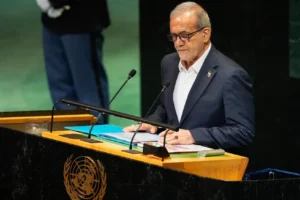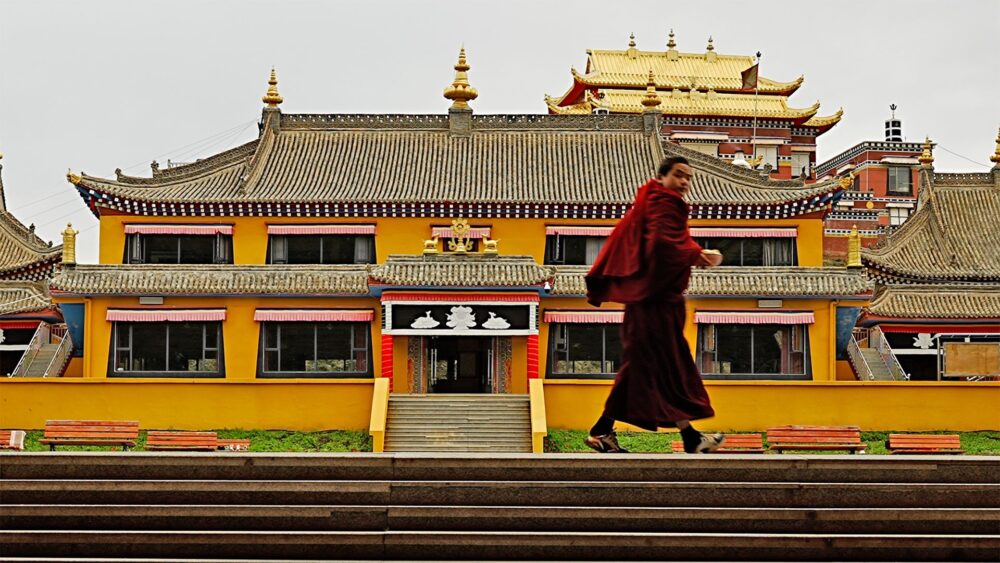In a recent analysis, scholars warn that China’s push to control the succession of the Dalai Lama could trigger serious backlash. While Beijing aims to bind Tibet’s leadership more closely under state control, the consequences may undermine its own legitimacy domestically and abroad.
For decades, Chinese authorities have worked to exert influence over Tibetan spiritual and political institutions. The succession of the Dalai Lama is a central part of that strategy. But Tibetans and many in the international community view this as a violation of their religious autonomy and a symbolic overreach that risks mobilizing opposition.
Public sentiment within Tibet and across Tibetan diaspora communities is increasingly resistant. Measures such as appointing official oversight bodies, restricting traditional selection processes, and shaping narratives around legitimacy are being met with clandestine disapproval. The more these controls tighten, the more they risk galvanizing internal dissent and eroding any trust Beijing had built among Tibetan Buddhists.
On the global stage, China’s efforts to co-opt religious succession could damage its diplomatic standing. Governments wary of human rights violations are likely to criticize the move. Moreover, forced alignment of religious authority with state mandates may make it harder for China to engage credibly in international forums that value religious freedom and cultural diversity.
Scholars also suggest that claims of spiritual leadership carry moral weight beyond politics. If the next Dalai Lama is seen to be chosen under duress or as a political puppet, the symbolic value of the role diminishes, weakening the soft power Tibet holds across Buddhist communities around the world.
In short, Beijing’s attempt to script the future of Tibetan leadership may backfire: it may yield the opposite of loyalty—deep discontent, eroded religious credibility, and fractured relationships at home and overseas.















